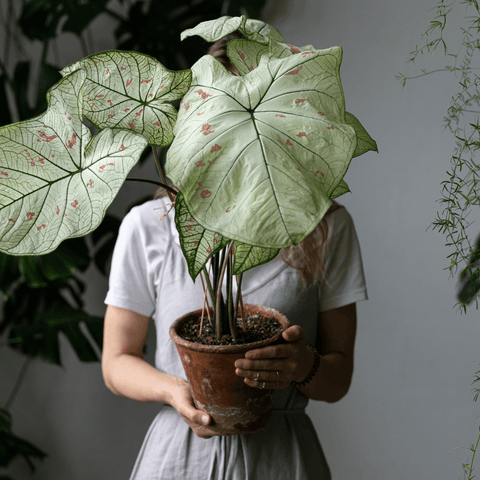-
Choose the right plant for your environment: Different plants require different amounts of light, water, and humidity. Choose a plant that will thrive in the conditions of your home.
-
Learn about your plant: Read up on your plant's specific care instructions. Different plants have different needs, and it's essential to understand what your plant requires to thrive.
-
Determine a watering schedule: Most plants require regular watering, but the frequency and amount of water they need can vary. Determine a watering schedule based on your plant's needs, and be consistent with it.
-
Monitor light levels: Plants need light to grow, but some plants require more sunlight than others. Monitor the light levels in your home and adjust your plant's placement accordingly.
-
Check for pests: Pests can quickly damage or kill a plant. Regularly inspect your plants for signs of pests, such as spider mites, aphids, or mealybugs.
-
Prune when necessary: Pruning can help encourage healthy growth and prevent the spread of disease. Learn when and how to prune your plant.
-
Use the right soil: Different plants require different types of soil. Make sure your plant is in the appropriate soil for its species.
-
Fertilize appropriately: Most plants require regular fertilization to thrive. Research your plant's specific fertilization needs and follow the instructions carefully.
-
Be patient: Plants grow at their own pace, so be patient with your plant's progress. Don't expect instant results, and be willing to learn from any mistakes.
-
Enjoy the process: Being a plant parent can be rewarding and fulfilling. Enjoy the process of caring for your plants and watching them grow.

Plant Parenting 101 - Tips for the New Plant Parents
Apr 01, 2023
Share
Learn how to become the best plant parent with these helpful tips. From selecting the best houseplants for your space to providing the proper care, these tips has all the information you need to make the most of your new plant family.




Comments (0)
There are no comments for this article. Be the first one to leave a message!